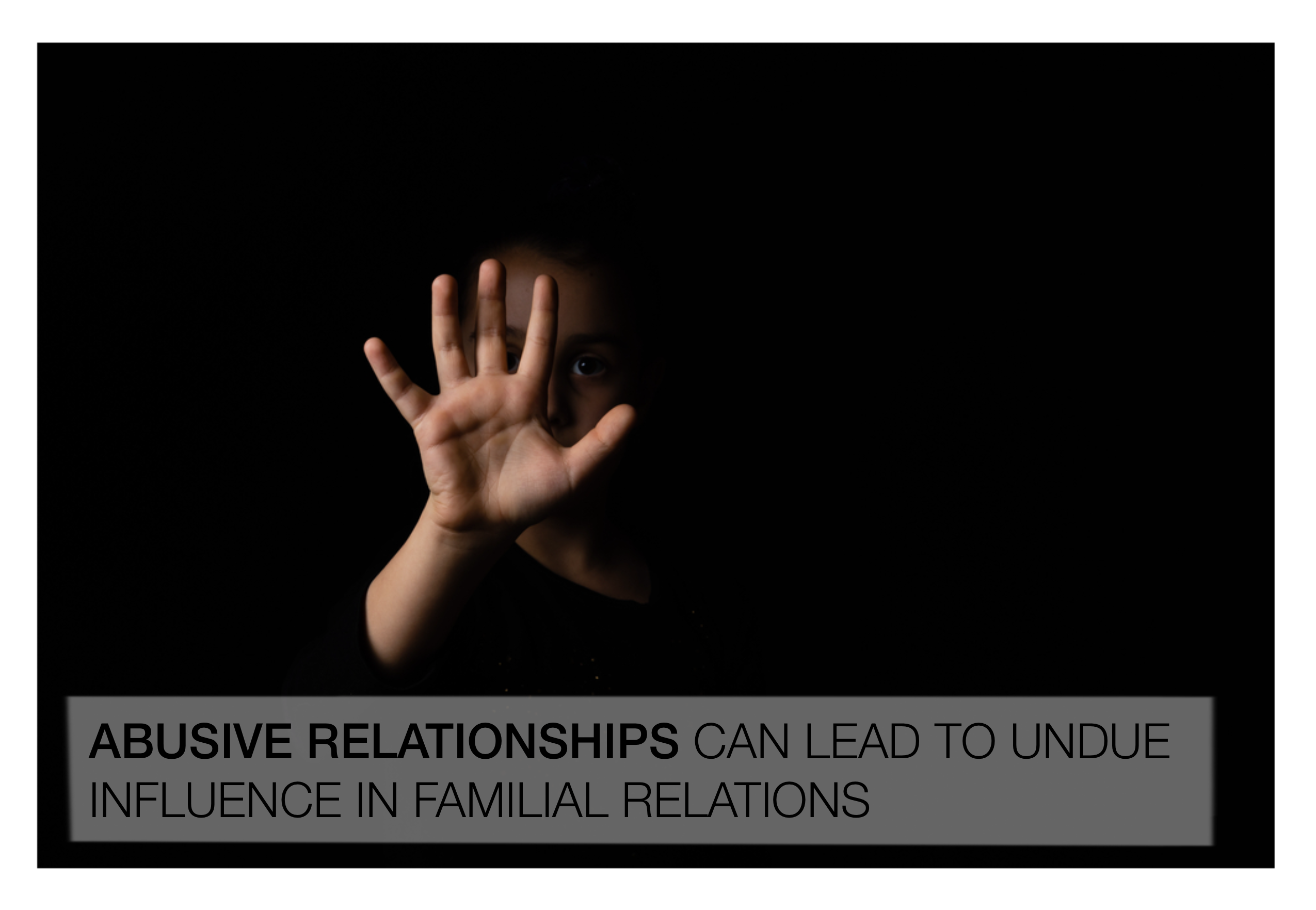Many see the harm, hardships and perils of an abusive relationship, except, it seems, for the person being abused. I’ve seen and counselled individuals – women, men, even the children and grandchildren of high-net-worth individuals – who have been abused by those around them.
In this article, we’re not focusing on physical or sexual abuse. I am referring to emotional and psychological abuse, which in these situations, have a different impact on the abused and a more influential impact on a family’s financial situation.
I have worked with families where one member, generally the husband or grandfather, browbeats others in to making decisions in the best interest, not of the family, but the abuser. Whilst they convince those around them that their actions serve the best interests of the family or business, their methods leave the family wounded.
I recently met with a female client who was being emotionally abused by her husband. It was clear to those around them that for years she had been manipulated in his pursuit of a family situation he sought to change for his benefit.
His argument was that the entire family would stand to gain from his actions. However, it was plainly obvious he stood to benefit more than the rest.
Those around him – exclusive of his wife and adolescent children – saw both his abuse and goal. In fact, they were so abused and brainwashed over the years, that both his wife and children agreed to his position as indeed benefitting the family.
Those of a certain age have seen this situation before. It is similar to the “Stockholm syndrome.” It first came into the public consciousness in the 1970s when heiress Patty Hearst was kidnapped. During her time as a hostage, she grew compliant, even sympathetic to her captors’ cause.
In these situations, it’s hard for an outsider to help bring about real change. Many who suffer such long-term mental and physical abuse endure a relentless mind trick. They begin to blame themselves, thinking the abuse or situation is their own doing or fault.
It’s not their fault. Blame lies solely with the abuser, who grows relentless in pursuit of the ends he seeks. This can last for years, even decades. Imagine suffering such a relentless, ceaseless onslaught day after day, year after year. Subtle as it may be, it’s still chipping away at one’s resistance.
All the while, those around the abused are deeply troubled, yet most are powerless to change the situation. And without their request for help, family and friends also are impotent to alter the course of events.
So, if you see such abuse, how can you help bring about positive change?
Avoid going after the abuser. Unless you have evidence of actual physical or sexual abuse, they often are unassailable, especially if the abused doesn’t see it. What’s more, they could become angry, aggressive and dangerous, possibly even committing further abuse toward the abused or those stepping up to protect them.
Many people, it seems, will do almost anything for money. Abusers who want a family member to advocate for changing an elder’s mind, to rewrite a will, or otherwise steer greater proceeds to them versus the current state of the will or directives, could become dangerous in their demands and desires.
Ideally, family and friends would help open the abused’s eyes to the abuse. They should point out specific comments, incidents or circumstances that highlight the abuse. Plant subtle seeds of doubt in the abused’s mind, maybe to help them spot future incidents. At that point, maybe they’ll reach out for help.
That’s the goal. Whether contacting family members, or abuse hotlines or groups, they need to know help is there for them, when they have the courage to make a change.
It all starts with a conversation. Talk to the abused. Gently point them toward the light. If they don’t follow, you can only have done so much. Yet, if they do, you can start getting the family’s affairs – and their life – back in order.
If your family is going through difficult moments such as these and could use an experienced hand in navigating your family’s future, let’s talk. I can help discuss potential solutions for those suffering these abusive relationships toward safer waters.

Leave A Comment